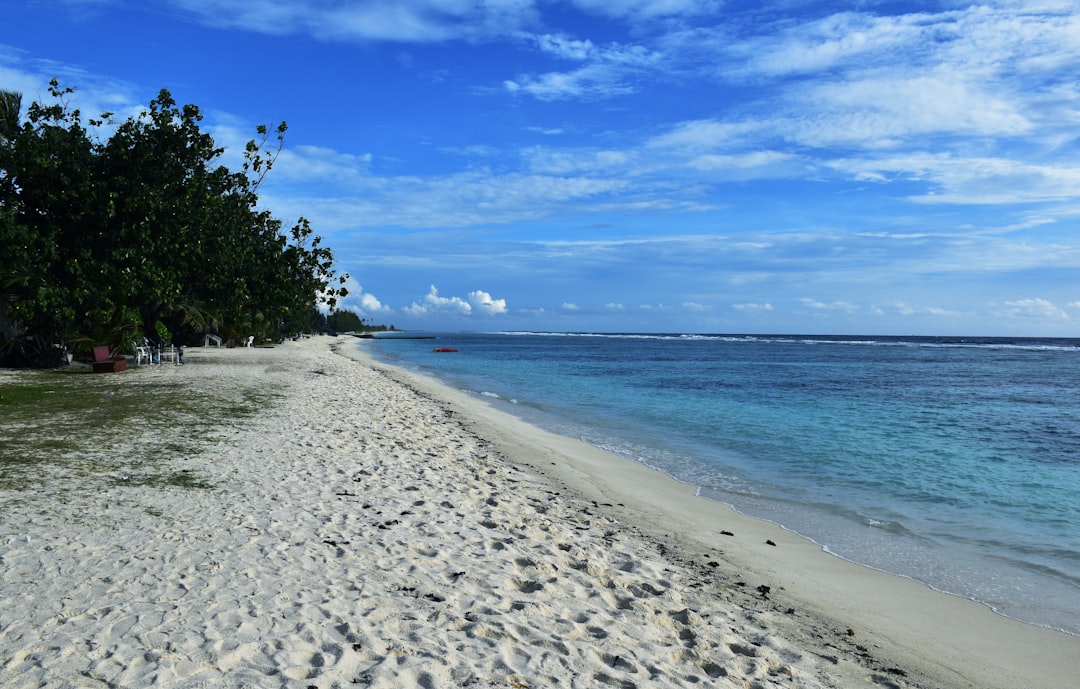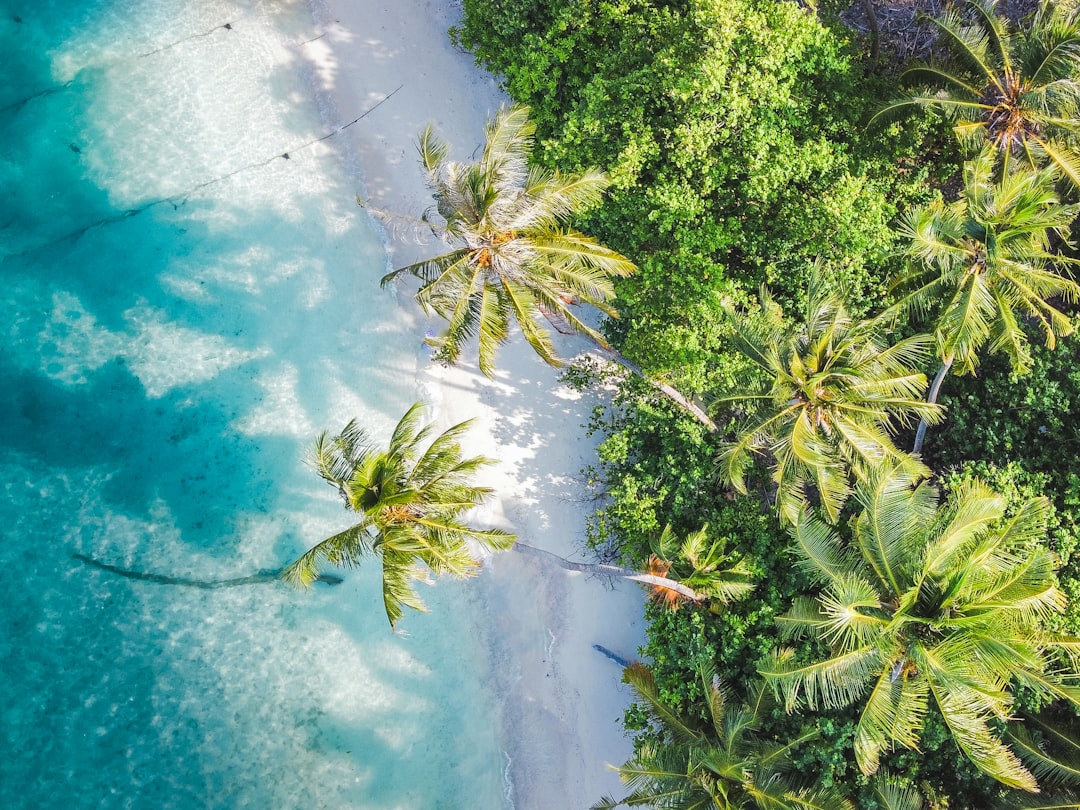Discover the Enchanting Culture of Maldives: Festivals and Traditions
The Maldives, an idyllic archipelago in the Indian Ocean, is not just famous for its stunning beaches and luxurious resorts but also for its rich culture and vibrant traditions. The cultural tapestry of the Maldives is woven with influences from India, Sri Lanka, East Africa, and the Arab world, creating a unique and colorful heritage that is reflected in its festivals and customs. In this article, we will delve into some of the most captivating festivals and traditions that define the culture of the Maldives.
The Historical Journey of Maldivian Festivals
Festivals in the Maldives showcase the country’s history, religion, and the deep-seated traditions of its people. The most prominent festivals are linked to Islam, the state religion, and showcase communal bonding, colorful celebrations, and traditional music and dances. This introduction provides a snapshot of how festivals are celebrated in the Maldives, setting the stage for deeper appreciation of their significance.
Eid Celebrations in Maldives
Eid al-Fitr and Eid al-Adha are two of the most significant religious festivals in the Maldives, celebrated with great zeal and devotion. During Eid al-Fitr, which marks the end of Ramadan, people adorn their homes, wear new clothes, and engage in communal prayers. The celebration often includes feasting on traditional dishes, such as Mas Huni (a delicious mix of tuna, coconut, and onions) served with flatbreads, reflecting the cultural palate of the region. Families gather together to share joy and gratitude, making this a truly communal experience.
Eid al-Adha, the festival of sacrifice, is also a time for families to come together. In the Maldives, this festival emphasizes charity and helping the needy, following the age-old tradition of distributing the meat of the sacrificial animal among family, friends, and the less fortunate. The sound of laughter and the aroma of festive foods fill the air, drawing everyone together in celebration.
Independence Day: A Cultural Extravaganza
The Maldives’ Independence Day, celebrated on July 26th, is a testament to the nation’s spirit. The day commemorates independence from British colonial rule in 1965. This national holiday is filled with parades, cultural programs, and the display of traditional Maldivian music and dance. Festivities often include traditional games, performances, and the flourishing colors of the national flag, embodying the pride of the Maldivian people.
Communities gather to celebrate their freedom, and you can often find beautiful displays of fireworks lighting up the night sky, along with concerts that showcase Maldivian music styles. It’s a jubilant occasion where patriotic feelings unite every Maldivian, sparking joy and a sense of belonging among the participants.
Ramazan and Thimithi Festival
Following the month of Ramadan, the Thimithi festival takes place, where thousands of Maldivians partake in festivities that are as colorful as they are spiritual. Thimithi is marked by the symbolic boat races held across the atolls. During this time, local communities come together to compete and celebrate the bountiful catches of the sea, along with the spirit of unity. Uncomment on this period of renewal as artisans and performers come together to express their love for the ocean.
Participating in these boat races allows visitors and locals alike to engage with the community while appreciating the hard work and dedication that goes into Maldivian fishing traditions. The energy in the air creates a festive atmosphere, bound to engage anyone embracing the local culture.
Cultural Traditions: Beyond Festivals
While the festivals themselves are mesmerizing, the traditions that accompany them provide deeper insights into Maldivian life. From traditional attire to local cuisine, the cultural aspects of the Maldives are worth exploring to grasp the essence of the islands and their people.
Traditional Maldivian Attire
The traditional dress of Maldivians is an essential aspect of the culture. For women, the Dhigu Hedhun is a traditional outfit that combines elegance with vibrant colors reflecting the beauty of the islands. Men typically wear a Futuh, which is a sarong-style garment paired with a shirt. These garments are often adorned with exquisite embroidery, representing the intricate artistry rampant in the nation. Dressing up in traditional attire not only showcases personal style but symbolizes a pride in cultural identity.
Culinary Traditions: A Taste of Maldives
The cuisine of Maldives is as diverse as its culture, focusing heavily on seafood and coconut, in addition to rice and spices. A visit to the Maldives wouldn’t be complete without sampling local dishes such as Garudhiya (fish soup), Mas Huni, and exotic fruit salads combining tropical flavors. The culinary traditions are often highlighted during the festivals, with family gatherings featuring an array of dishes prepared with love and tradition. Food plays a central role as a medium for storytelling, artistry, and hospitality.
For those interested in peeking into the culinary world of Maldives, be sure to check out local cooking classes that can be booked through platforms like Viator. These classes offer an immersive experience, helping you understand the elements that make Maldivian cuisine unique.
Book a Cooking Class! [13b]The Role of Craftsmanship in Maldivian Culture
The ritualistic aspects of Maldives craftsmanship are integrated into its homes, artistic expressions, and traditional practices. One such practice is lacquer work, which has historical significance in the Maldives, and is a craft that continues to flourish. Local artisans create intricate designs and beautiful décor items using the traditional method of applying lacquer on wood. Visitors can discover the artistry firsthand, often appreciating the fine details that go into each piece.
Travelers can participate in workshops and learn how to create their own lacquer art, experiencing first-hand the artistic flair embodied by Maldivians. The essence of community is deeply interwoven with craftsmanship, showcasing a legacy passed down through generations.
Final Thoughts: The Cultural Fabric of Maldives
To truly appreciate the Maldives, one must look beyond its stunning beaches and luxurious resorts to experience the celebrations that embody the spirit and cultural richness of the islands. The festivals and customs presented materially connect Maldivians to their history and heritage, making the Maldives a true cultural treasure waiting to be explored. Each event, every gathering, becomes a symphony of experiences worth cherishing and partaking in.
For a more tailored experience in exploring the depths of the Maldives, consider planning your tour through GetYourGuide, bringing together culture and adventure in one magical destination. Their expertise can guide you through unique experiences that celebrate the essence of Maldivian culture.
Discover Tours in Maldives! [4cd]As you set your sights on the Maldives, don’t forget to soak in the cultural essence through these captivating festivals and traditions. It’s a journey that will leave lasting memories and a deeper appreciation of the Maldivian heritage. Many opportunities await for you to connect authentically with the islands through its people, customs, and vibrant traditions.
For more about the Maldives and its vibrant culture, check out related articles on Fascinating Traditional Festivals in Maldives and Unique Festivals in the Maldives: A Cultural Journey to expand your understanding and appreciation for this majestic archipelago.









